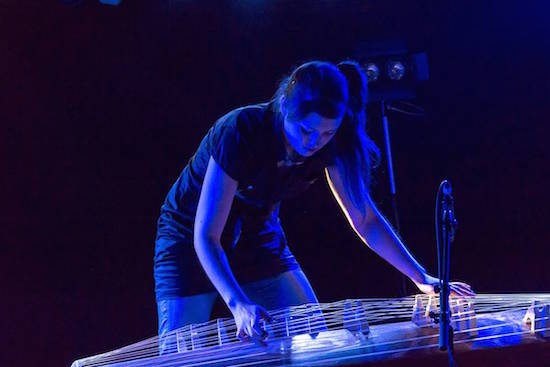
Koto player Miyama McQueen-Tokita performs with Chordophone at this year’s Powell Street Festival.
Every summer, Canada’s largest celebration of Japanese Canadian arts and culture held in Vancouver’s historic Japanese Canadian neighbourhood. The annual Powell Street Festival features live music, Japanese food, sumo wrestling, martial arts, dance, film, crafts, theatre, Taiko drumming, anime and children’s activities – all free.
This year, the festival takes place July 30-31, from 11:30 a.m. – 7 p.m. at Oppenheimer Park (400 Block, Powell Street), as well as participating venues Firehall Arts Centre (280 East Cordova Street), Vancouver Japanese Language School (475 Alexander St), and Vancouver Buddhist Temple (220 Jackson Avenue). See some highlights below.
Diyet – Folk singer Diyet celebrates her Tutchone-Japanese Tlinget-Scottish in song. She performs as a trio with husband and collaborator Robert van Lieshout on guitar and foot percussion and multi-instrumentalist, along with Juno Award-winning producer Bob Hamilton. Her debut album, The Breaking Point, received nominations for Best New Artist and Songwriter of the Year at the Aboriginal People’s Choice Music Awards in 2010 and 2011, Album of the Year at the Canadian Aboriginal Music Awards and remained on the Canadian Aboriginal Music Countdown for 24 weeks.
Chordophone – A Vancouver-based electronic band formed by Japanese Canadian brothers, Chordophone will collaborate with Australian-born koto virtuoso Miyama McQueen-Tokita, along with guitarist Adrian Verdejo.
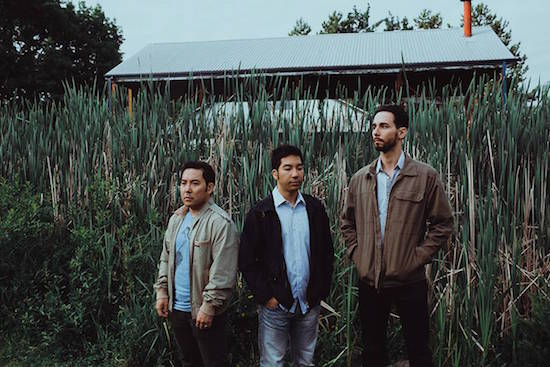
Chordophone.
Fall Seven Times, Get Up Eight – Following the Second World War, tens of thousands of Japanese women married their former enemy. In this documentary, these Japanese war brides, now in their eighties, are interviewed.
Lynne Kutsukake – At the end of the Second World War, “Japanese-Canadians were given the choice of settling east of the Rockies or repatriating to Japan. They were not allowed to return to the West Coast, where their homes were,” writes Toronto author Lynne Kutsukake. “So, 4,000 Japanese-Canadians ended up going to Japan under this repatriation program.” Kutsukake’s debut novel The Translation of Love is set in 1946, and told through the eyes of a 12-year-old girl repatriated in American-occupied Tokyo after being held in a Canadian internment camp.
For more info visit powellstreetfestival.com.












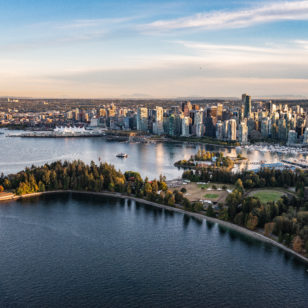


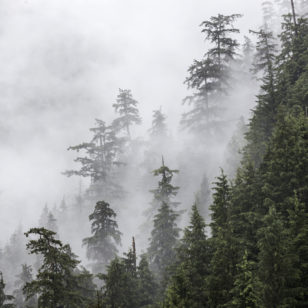
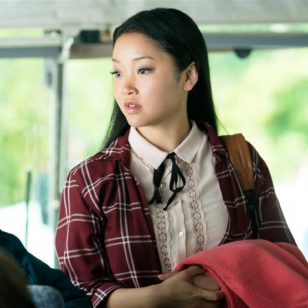
Pingback: Highlights of this weekend’s annual Vancouver celebration of Japanese culture – Gunboat Bay Lodge